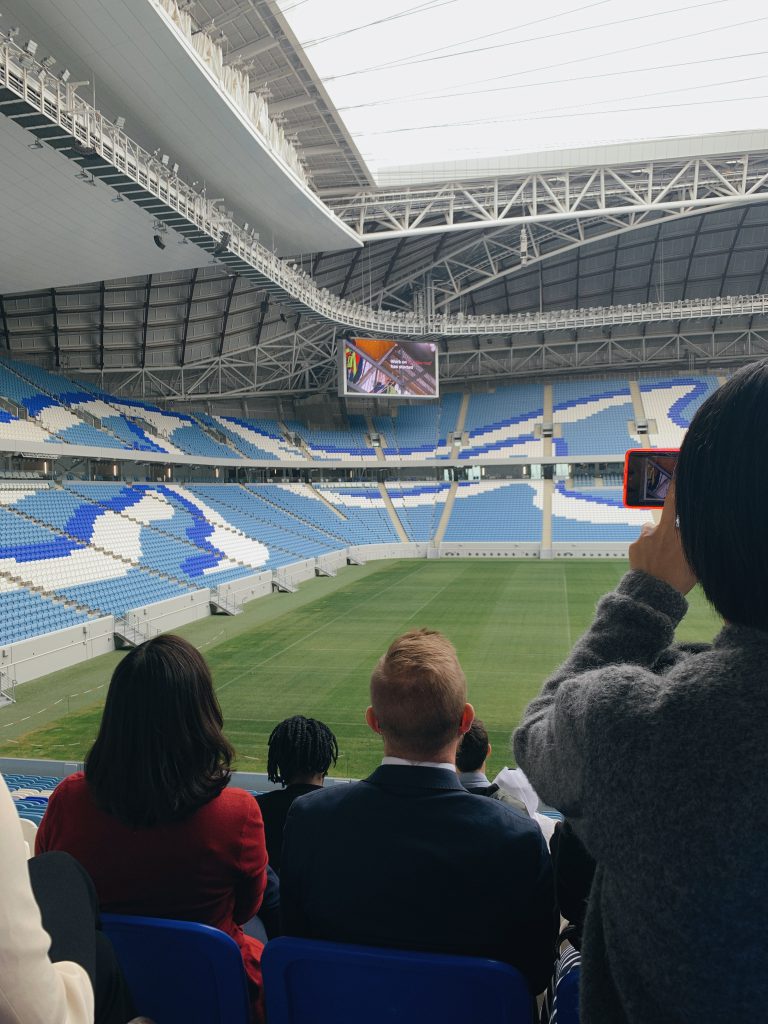
Qatar 2022: Translating Sustainability Strategy into Action
Ifedapo Adeleye, Emily Hightower Georgetown University
The world’s attention was focused on Qatar in July 2018, following the conclusion of Russia 2018, which many analysts declared the best world cup ever. Qatar’s ambitious bid had appealed to FIFA to take “a bold gamble” by taking the historic world cup to the Arab world for the first time, and to a small country that had never competed in the tournament. With four successive world cups holding in developing economies, there were intense debates around the world on whether these mega-events really benefit host countries, and in particular, if they could be used to advance sustainable development and create a lasting positive legacy. Qatar’s Supreme Committee for Delivery and Legacy had its work cut out for it as the countdown to the world cup began in earnest. How could it use this once-in-a-lifetime opportunity to accelerate human, social, economic, and environmental development in the tiny desert nation? What issues did it need to prioritize and tackle in order to fulfil Qatar’s promise to deliver not only the best world cup ever, but also the most sustainable tournament ever?

